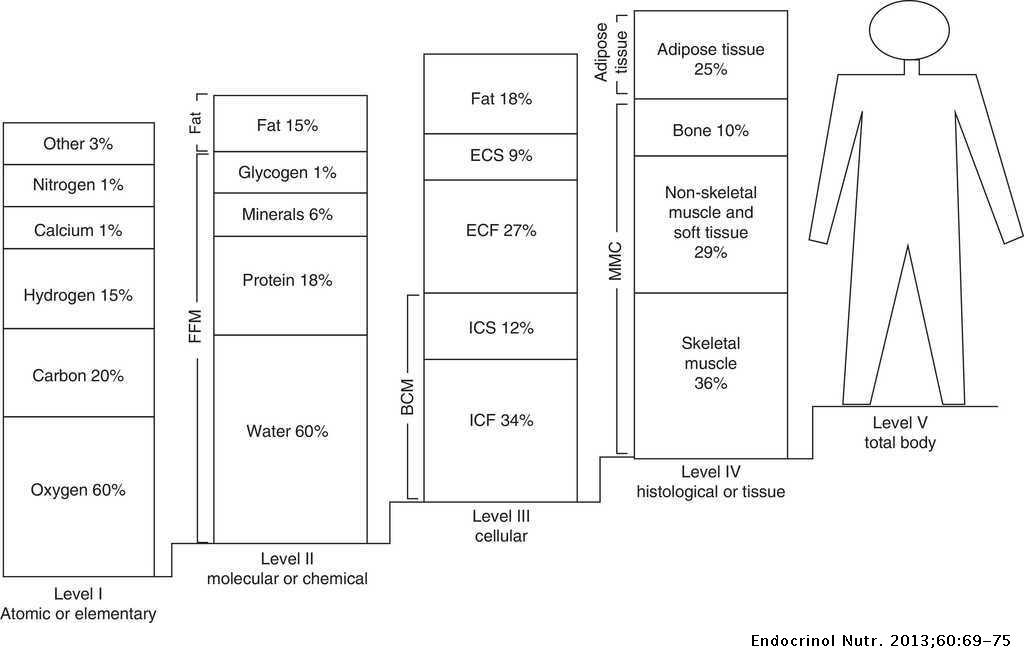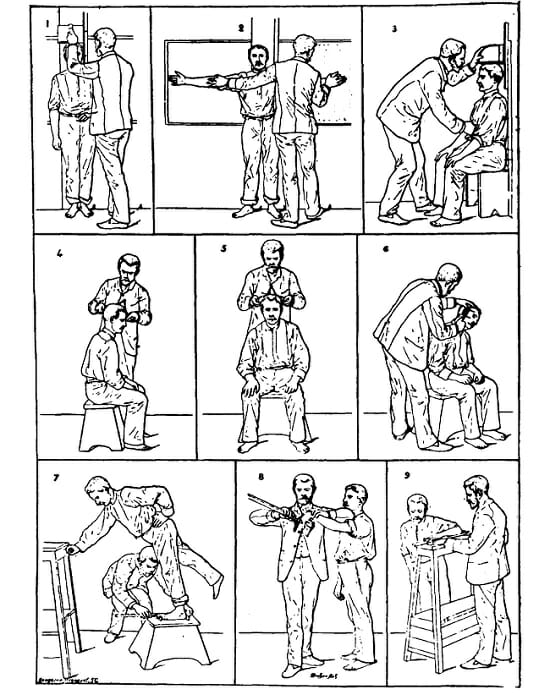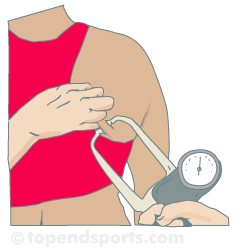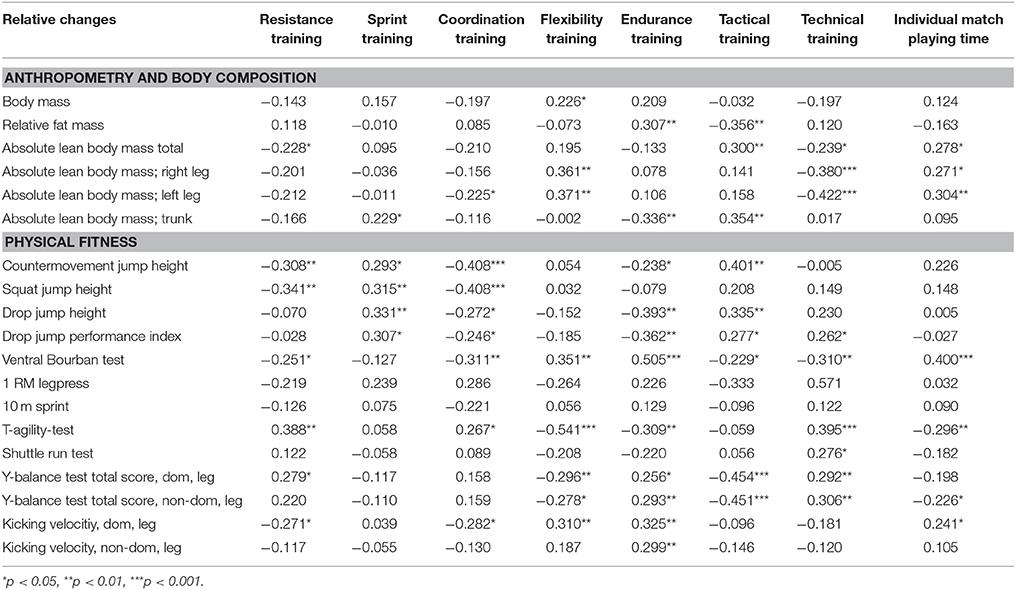In particular such anthropometric measurements have been used historically as a means to. The importance of clinical body composition is now being recognized.

Body Composition Assessment And Clinical Value
Body composition and anthropometric measurement. To compute the absolute size of the major body compartments such as lean body mass and adipose mass. Oftentimes body measurements and proportions of lean and fat mass can shift while weight remains relatively unchanged. Methods body weight and height were measured in 898 athletes 264 female 634 male anthropometric variables were assessed in 798 athletes 240 female and 558. Fat is a variable component in the body. In adults measures of body dimensions and mass are used to represent nutritional status directly. Forty seven women and twenty six men volunteered to participate in a 10 week program of intensive weight training with an average attendance of two days per week 40 minutes per session.
Body composition and anthropometric measurement. The accurate measurement of learn body mass is now the most rational basis for nutritional and exercise prescriptions. Fat free mass consists of the water protein and minerals of the skeletal muscle non skeletal muscle soft lean tissues and the skeleton. Anthropometric measurements including total body weight and length and regional measurements including circumferences of head chest abdomen midarm and midthigh and dynamic skinfold. Anthropometric measurements due to the ease of their assessment in the field are frequently used as a measure of nutritional status in epidemiological studiesas measures of dietary intake anthropometric measurements generally represent energy balance eg body mass index and size of body compartments or. Villamor in encyclopedia of food and health 2016.
Anthropometric variables particularly weight and height are the most commonly employed measures of nutritional status in epidemiologic studies due to their simplicity and ease of collection. Anthropometry is the science of obtaining systematic measurements of the human body. We aim to develop reference values for body composition and anthropometric measurements in athletes. Anthropometric measures anthropometric measures of body composition are based on the measurement of two compartments of the body fat and fat free mass. Anthropometry first developed in the 19 th century as a method employed by physical anthropologists for the study of human variation and evolution in both living and extinct populations. Along with the number on the scale progress of nutrition and exercise interventions can be evaluated using changes in body composition.
Background despite the importance of body composition in athletes reference sex and sport specific body composition data are lacking. Body weight and height were measured in 898 athletes 264 female 634 male anthropometric variables were assessed in 798 athletes 240 female and 558 male and in 481 athletes 142 female and 339 male with dual energy x ray absorptiometry dxa. We aim to develop reference values for body composition and anthropometric measurements in athletes. Assessments of strength body composition and anthropometric girths diameters and skinfolds were made at the beginning and at the conclusion of the study period. There is evidence that research and interest in body composition was explored centuries ago by archimedes though most of the research data that is available on human body composition has been completed in.
















